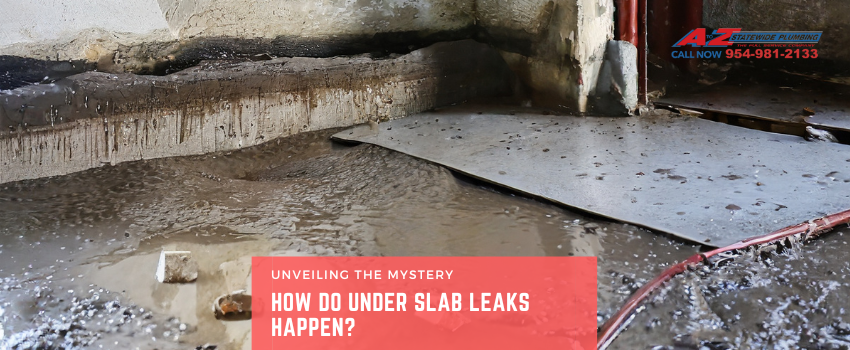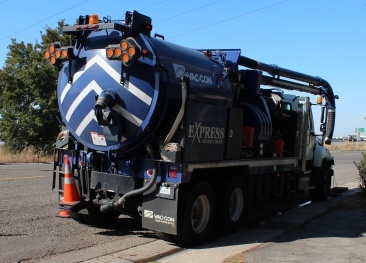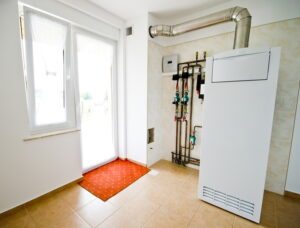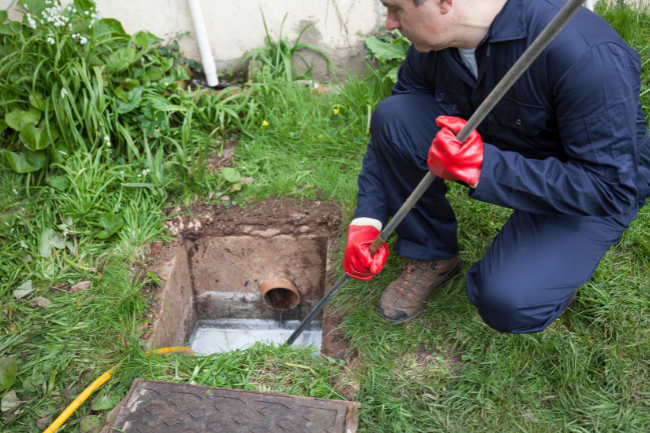How Does Your Heat Pump Water Heater Work?
You’re probably familiar with electric water heaters and water heaters that use natural gas. You’re accustomed to tank or storage water heaters, and you’ve at least heard of tankless water heater systems. But do you know about heat pump water heaters? If not, you’ll want to stick around to find out more, because they’re amazing. Here’s how they work.
It’s Not New Technology
Heat pumps for home air conditioning and heating have become very popular in recent years. It would be easy to assume the technology they use is very modern. But no! In 1852, Lord Kelvin developed the concept of a heat pump, and by 1857, Peter von Rittinger had built one. It’s true that they’ve come a long way since then, but they’re definitely not new-fangled or experimental systems.
HVAC Heat Pumps
If you’re looking for a new AC system, and possibly to supplement your heating as well, a heat pump is the way to go! Just like an air conditioner, a heat pump uses a compressor to pressurize refrigerant, sending it through a system of coils. The refrigerant absorbs heat from the air in one location and releases it into the air in another location.
Whether that heat is released outdoors, just like an air conditioner, or indoors, to heat your home, can be controlled with the heat pump’s reversing valve. This means that whether it’s heating or cooling, it’s simply conducting heat from one place to another, never actually having to generate any heat.
Heat Pump Water Heaters
Instead of absorbing heat from outdoor air and releasing it into the air indoors, like an HVAC heat pump does on the heat setting, a heat pump water heater absorbs heat from the air outside the water heater and releases it into the water inside the water heater. Like an HVAC heat pump, this means it simply transfers heat, using only a fraction of the energy of systems that generate heat.
Even in colder climates, this could be all the heating power you need for your water, but in certain situations, a hybrid system is necessary. This would rely on the heat pump as much of the time as possible but have a backup water heating system that could use electricity or natural gas to generate heat.
Amazing Savings
According to Energy Star, if a family of four switched from a standard electric water heater to a heat pump water heater, they would decrease their energy usage by 3,760 kilowatt hours per year. Based on average American energy costs, this translates to $550. Imagine cutting your annual utility bills by that much! And of course, using less energy isn’t just better for your wallet, it’s better for the planet.
When you need a new water heater, your best option may well be a heat pump water heater in Clifton, NJ. We’d love to help you determine what water heater would be ideal for your home.
Contact MarGo Plumbing Heating Cooling Inc. today with your questions about heat pump water heaters!
The post How Does Your Heat Pump Water Heater Work? first appeared on MarGo Plumbing Heating Cooling Inc..
This post first appeared on https://margoplumbing.com



 If you have a major
If you have a major 

